ChatGPT Intellectual Property Issues: How To Protect IP
.jpeg)
Published by
Published on
Read time
Category
Have you heard about this AI chatbot or LLM called ChatGPT? Just kidding! Using ChatGPT has probably become a routine part of your workday as checking emails.
But just like phishing emails are part of your inbox, intellectual property issues are part of using ChatGPT. You must be aware of the risks to mitigate them.
Who wouldn’t love having a smart, on-demand coworker who can help them with a tricky business problem or just chat through a new idea? Best of all, ChatGPT is constantly getting smarter. With its vast knowledge base and advanced AI capabilities, it's always learning.
As businesses and individuals rely increasingly on LLMs, AI agents, virtual assistants, and chatbots, ensuring that your intellectual property (IP) is adequately protected is essential.
Does ChatGPT steal your work?
A commonly asked question is: does ChatGPT steal information? The answer isn’t a simple yes or no.
Large language models, like ChatGPT, are not designed to "steal" your work or ideas. However, they use the training data to improve responses, including your input. ChatGPT collects and saves user data, including chat logs and account information, to train and improve its functionality. While OpenAI claims to use this data responsibly, there are privacy concerns, and users should be aware of the data collection practices.
ChatGPT intellectual property issues you need to be aware of
Every new technology has pros and cons—AI tools are no exception. Some kinks are worked out over time, and some users just need to learn to live with them. But you should absolutely not compromise on IP protection.
First, you must understand the risks of using new AI tools—so you can find efficient ways to mitigate those risks. Some of the ChatGPT intellectual property issues that businesses and their employees should be aware of when using ChatGPT or any large language model (LLM) include:
Infringement of third-party IP
One potential risk is that ChatGPT can generate content that might infringe on others' intellectual property. It isn’t always easy to ensure that the content generated by ChatGPT is original and does not infringe on others' IP rights.
Misuse of your IP
Every user has their own IP, which makes them different. ChatGPT can generate content that might infringe on your Intellectual Property. It's essential to monitor ChatGPT and any content generated by the AI language model to ensure that your IP is not being misused.
Ownership loss
When generating content using large language models, it becomes tricky to understand the ownership of the content. Most users ignore the terms of service and any licensing agreements when using ChatGPT, which leads to failure to retain ownership of your IP. It is also important to note that ChatGPT doesn't offer any protection for your intellectual property. This means that if someone copies your ideas or designs, nothing is stopping them from doing so unless you take steps to protect yourself first.
Data protection and security risks
As a user, you might give ChatGPT access to your data, which may include confidential or proprietary information. Additionally, ChatGPT may also pose security risks, including the potential for cyber-attacks or data breaches. Unless the users ensure that their data is protected and that ChatGPT complies with all relevant privacy and data protection laws and regulations, privacy and data protection is a potential risk of using ChatGPT.
How to protect IP when using LLMs
ChatGPT is a great tool for increasing workplace efficiency, offloading boring tasks, understanding business data, brainstorming new ideas, and even connecting with customers—but it's important to know that it is not designed to protect intellectual property.
Of course, you could just ban all AI tools for work, including ChatGPT—and many IT Departments actually do this—and call it a job well done. But this would only make matters worse: put you behind your competitors.
So here are some best practices you can implement as the basics for protecting your IP from ChatGPT or other LLMS.
Intellectual property registration
Registering your Intellectual Property with relevant authorities in your country or region is always advisable. There are different types of IP, including patents, trademarks, copyrights, and designs. Identify which one you want to register and ensure that it meets the requirements for registration.
Registering your IP can provide legal protection and help you take legal action against infringement. However, the registration process can be complex, and it may be advisable to seek professional advice to ensure that your IP is properly registered and protected.
Limit access to your IP
OpenAI allows you to opt out of having your data used to improve their models by submitting a form through their Privacy Portal. Both businesses and individuals can use this form to opt out of providing data to ChatGPT. This limits access to your IP and protects your data from ChatGPT. Only give access to those who need it, and ensure that access is password-protected and encrypted. You can also consider using digital rights management (DRM) tools to restrict access and prevent unauthorized use.
Unique input
Protect your IP from ChatGPT by using unique input to ask questions. Utilizing jargon or phrases that are not commonly used in your business can make it harder for ChatGPT to generate content that matches your IP. Instead of using specific examples or data, try using anonymous or generic data when interacting with ChatGPT. This can help protect your IP by minimizing the amount of shared proprietary information.
Educate your employees
Educate your employees on best practices for protecting IP when using ChatGPT. This can include training on how to identify and avoid potential IP risks. Provide training on IP protection to ensure that your employees follow best practices. If you want your employees to understand why protecting their intellectual property is so important, they need to know what it means and why they should care about protecting it.
Non-disclosure agreements (NDAs)
Non-disclosure agreements can protect your IP when working with third-party vendors. ChatGPT, specifically, does not sign NDAs with their users—however, many AI companies do. We are happy to enter into a non-disclosure agreement between Mindset AI and your organization.
When possible, ensure that NDAs are signed before sharing any confidential information, including any trade secrets or proprietary information. It's always a good idea to work with a lawyer who specializes in IP law. They can help you navigate the legal landscape and ensure that your IP is properly protected.
Monitor for infringement
Monitor ChatGPT usage and any generated content that may be related to your IP. This can help you identify any potential infringements and take appropriate action to protect your IP. You can use tools like Google Alerts to monitor the web for any mention of your content. If you find any infringement, take immediate action to stop it.
By being aware of these ChatGPT IP risks, you can take steps to mitigate them. Consult with legal and cybersecurity professionals to ensure that you are taking appropriate measures to protect your IP and data.
How to protect IP with Mindset AI’s agents
If you’re researching the ChatGPT intellectual property topic because you want to use the LLM to find answers based on your organization’s knowledge base, professional development training, or other content libraries, there are better alternatives than ChatGPT.
Mindset AI is an AI agent platform trusted by e-learning, L&D, EdTech, and professional training providers worldwide. Our customers use our PaaS to launch AI agents that assist users with discovering and consuming otherwise static content. This way, they can raise platform engagement, improve user retention, and generate more revenue through these AI coaches.
So, how is Mindset AI different from ChatGPT when it comes to IP protection?
We prioritize the security and confidentiality of our clients' data and IP. We have a 'No Third-Party Sharing Policy,' which means that we do not share, sell, or trade our clients' data with third parties or other clients under any circumstance.
Our architecture includes rate limiting, secure API integration, and incident management aligned with ISO 27001. We also utilize Google Cloud Platform's security certifications.
At Mindset AI, client-owned IP integrated into our Mindset Knowledge Graph is not used to train the commercial LLMs our system utilizes as a semantic interface. Instead, the training data for our LLMs is explicitly provided by an external LLM and stands independently of the client IP. This means that any content you upload to Mindset AI will be used solely to enhance the services specific to your needs and not for training the underlying LLMs.
We utilize 2048-bit RSA encryption to ensure the secure transmission and storage of data. This encryption method provides a high level of security and protection against unauthorized access. We also store uploaded files and other content in encrypted buckets, which are secured by authentication tokens so only authorized users can access the data.
In short, we are specialists in IP protection, but ChatGPT isn’t.
Book a demo today.



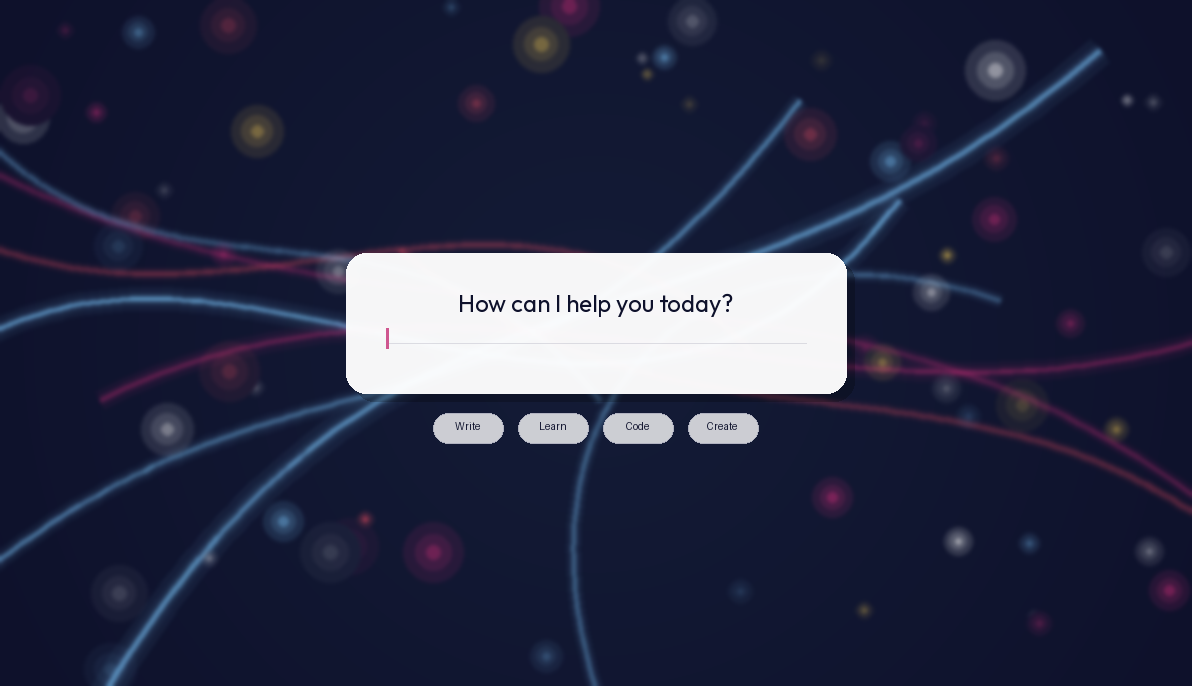
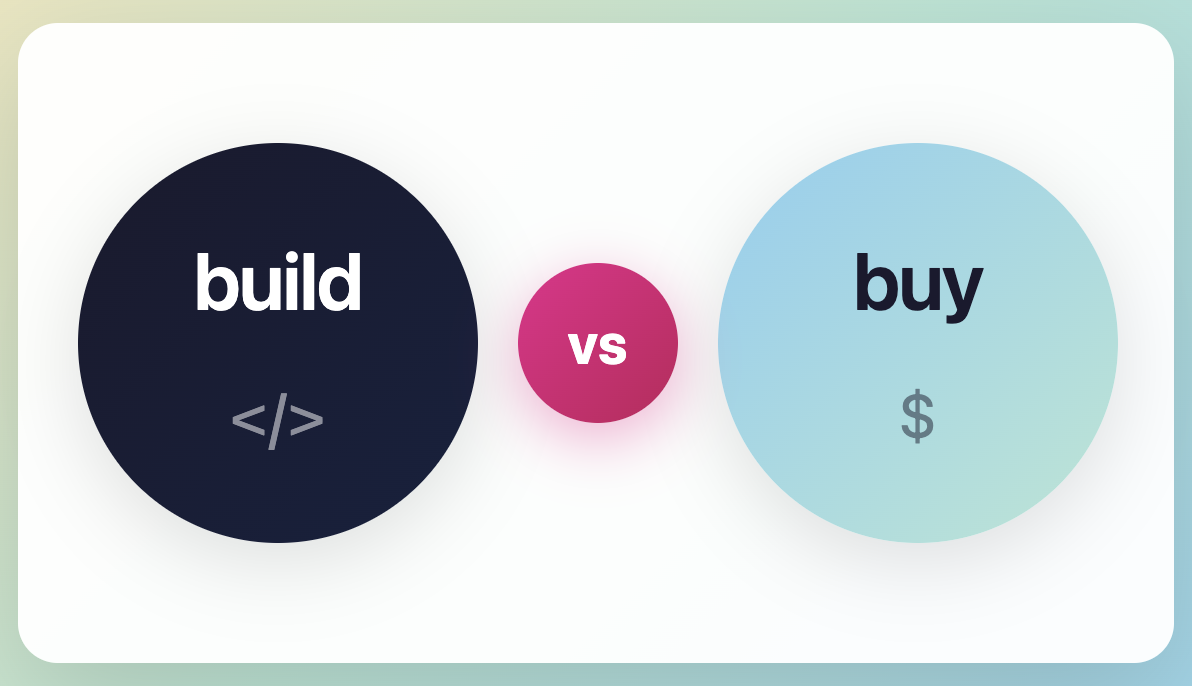
.png)
.png)
.png)
.png)
.png)
.png)
.png)
.png)
.png)
.png)
.png)
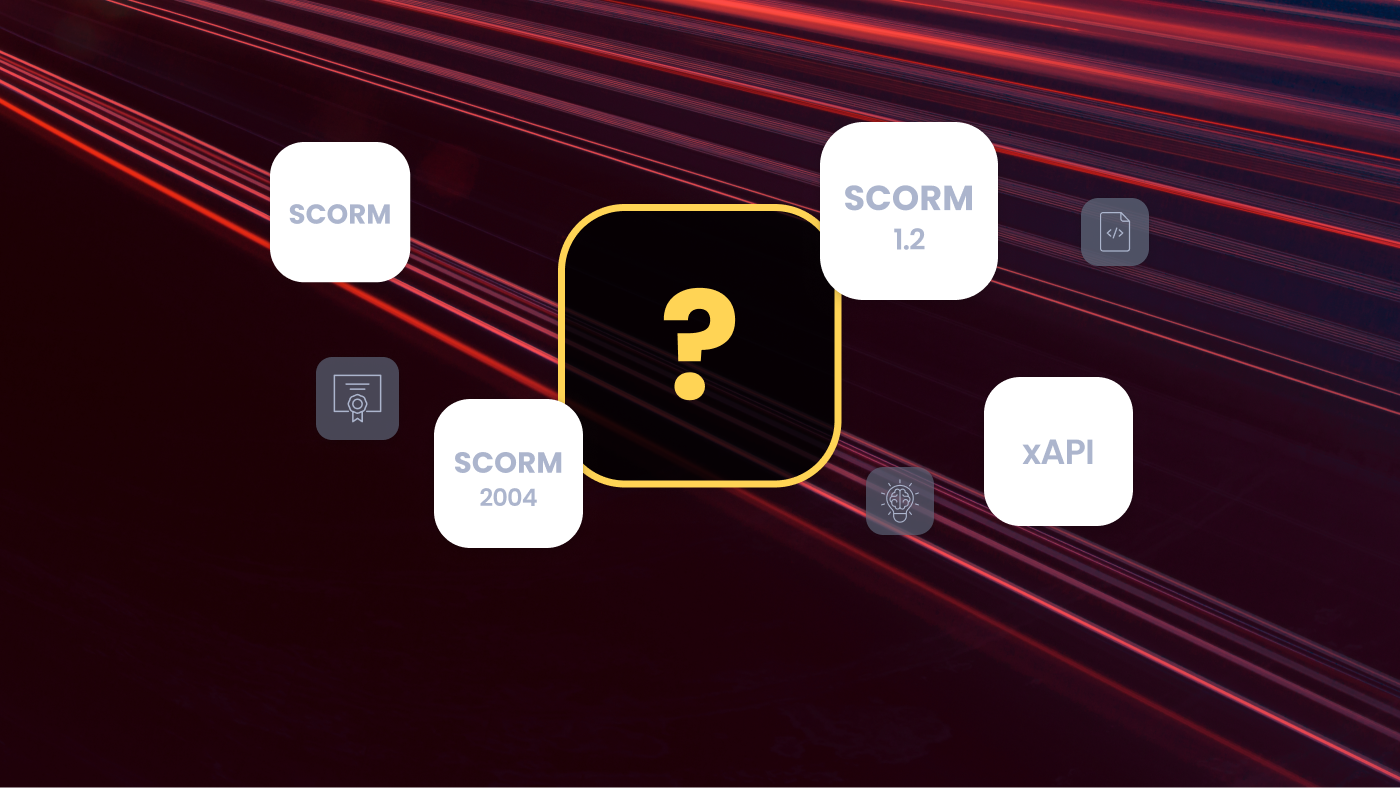
.png)
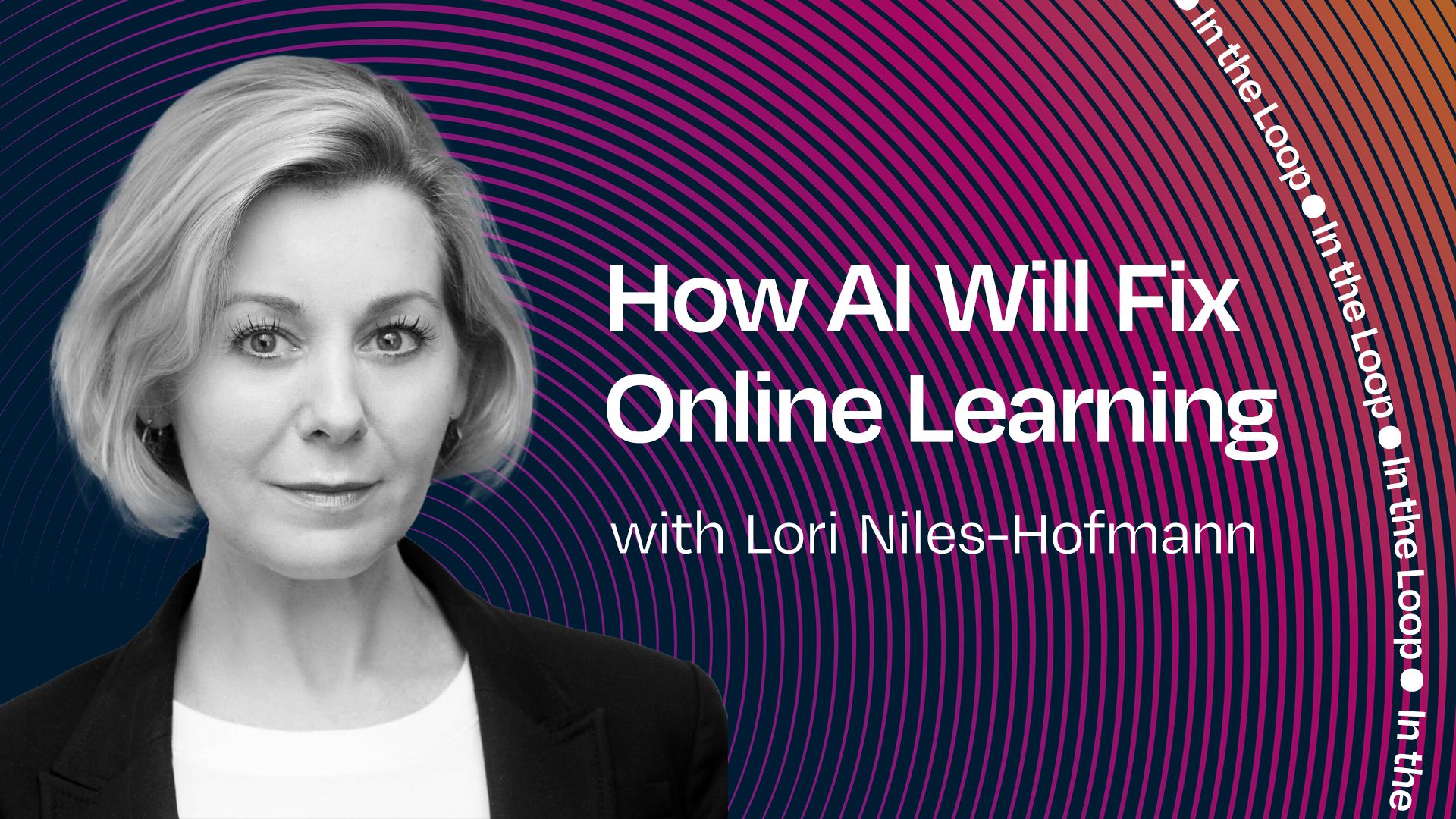
.png)
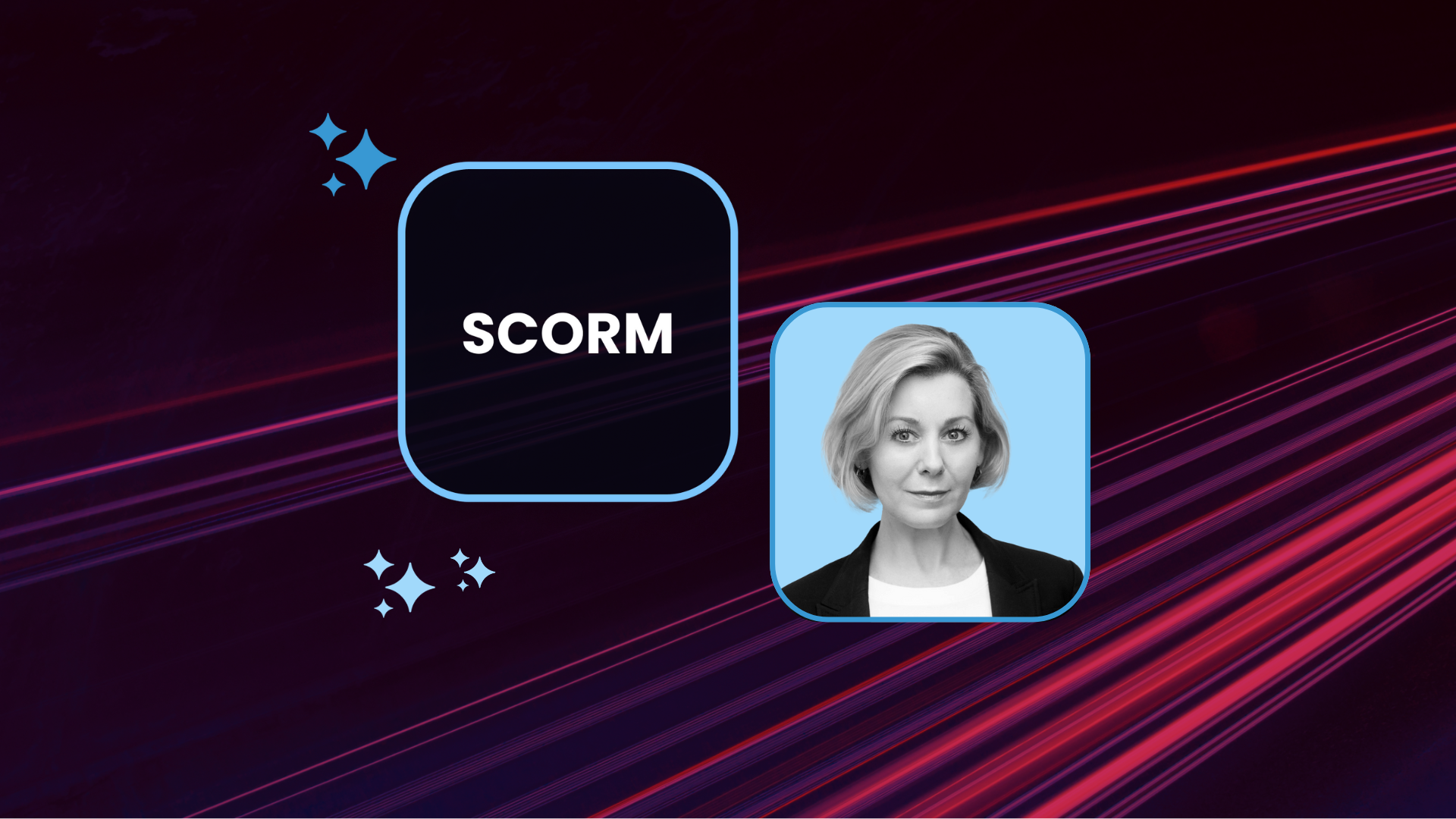
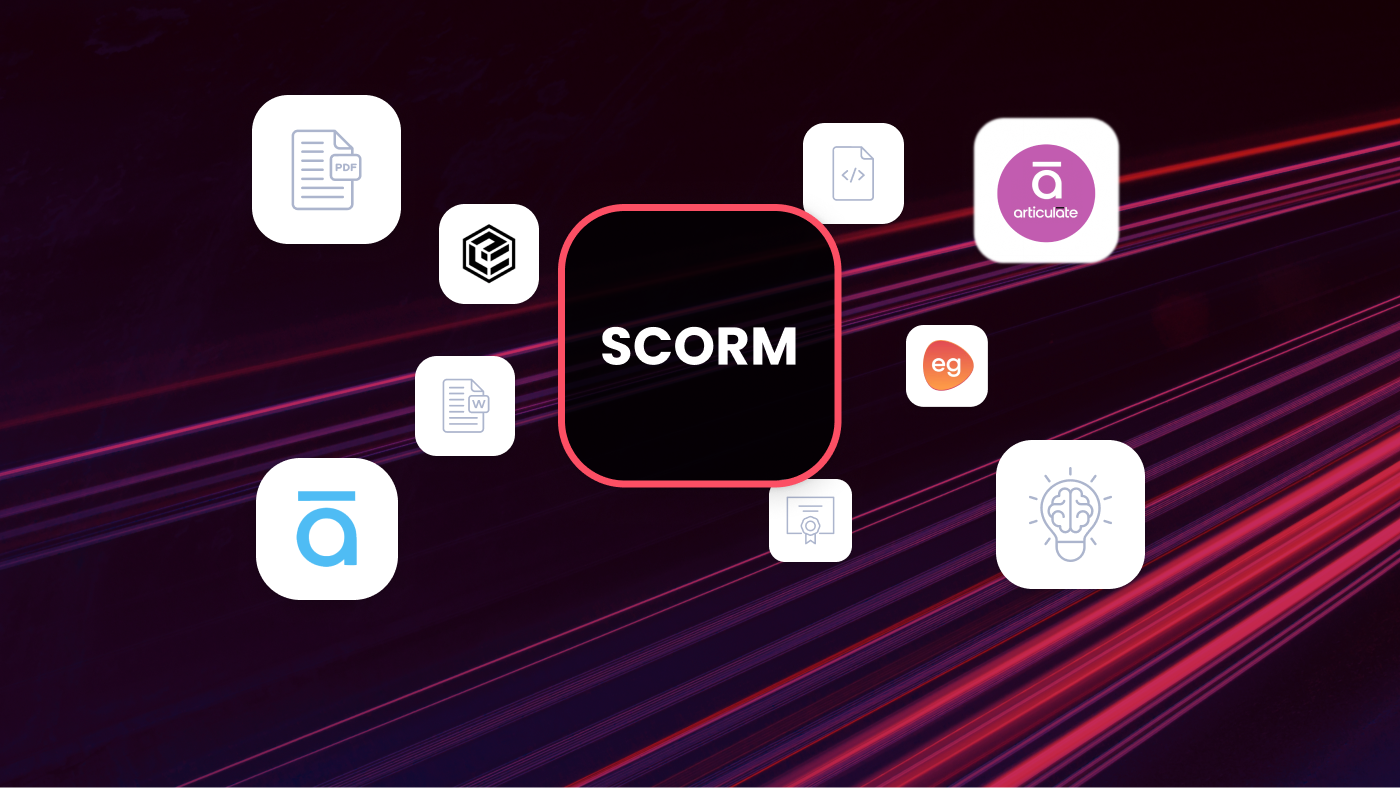
.png)
.png)
.png)

.png)
.png)


.png)
.png)
.png)
.png)
.png)
.png)

.png)
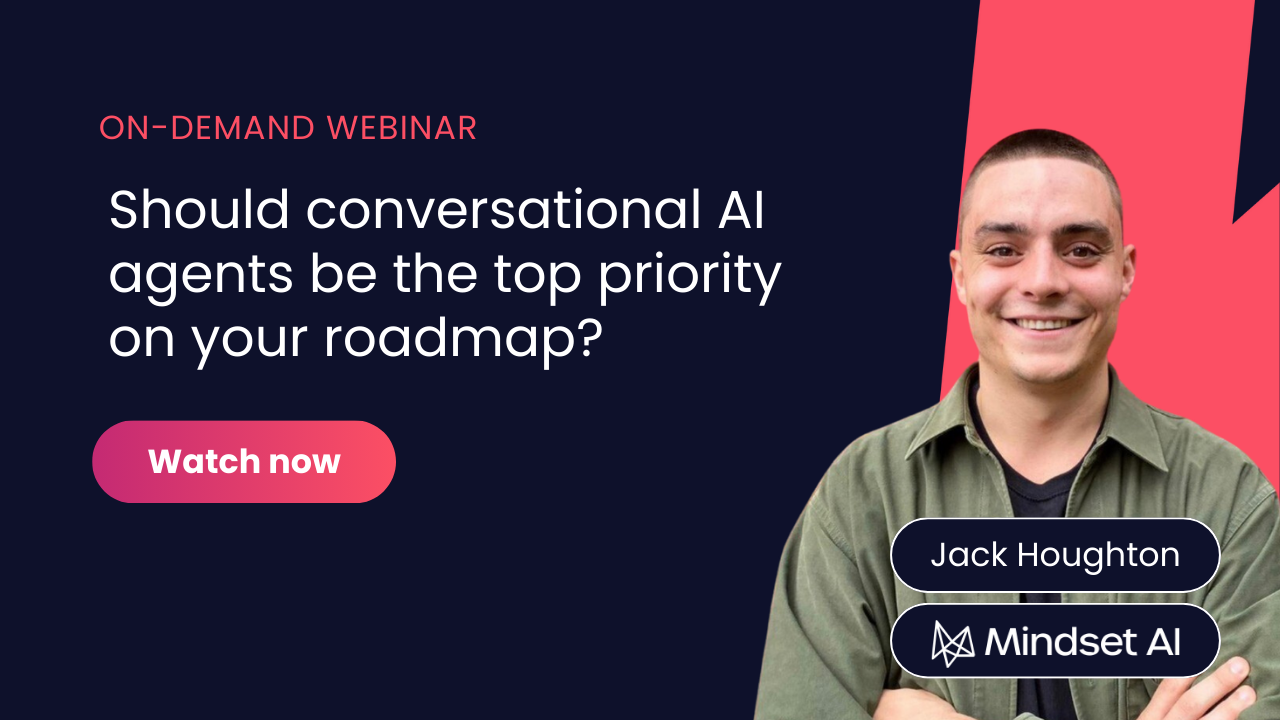
.png)
.png)
.png)
.png)

.png)
.png)


.png)
.png)
.png)

.png)
.png)
.png)

.png)
.png)
.png)



.png)





